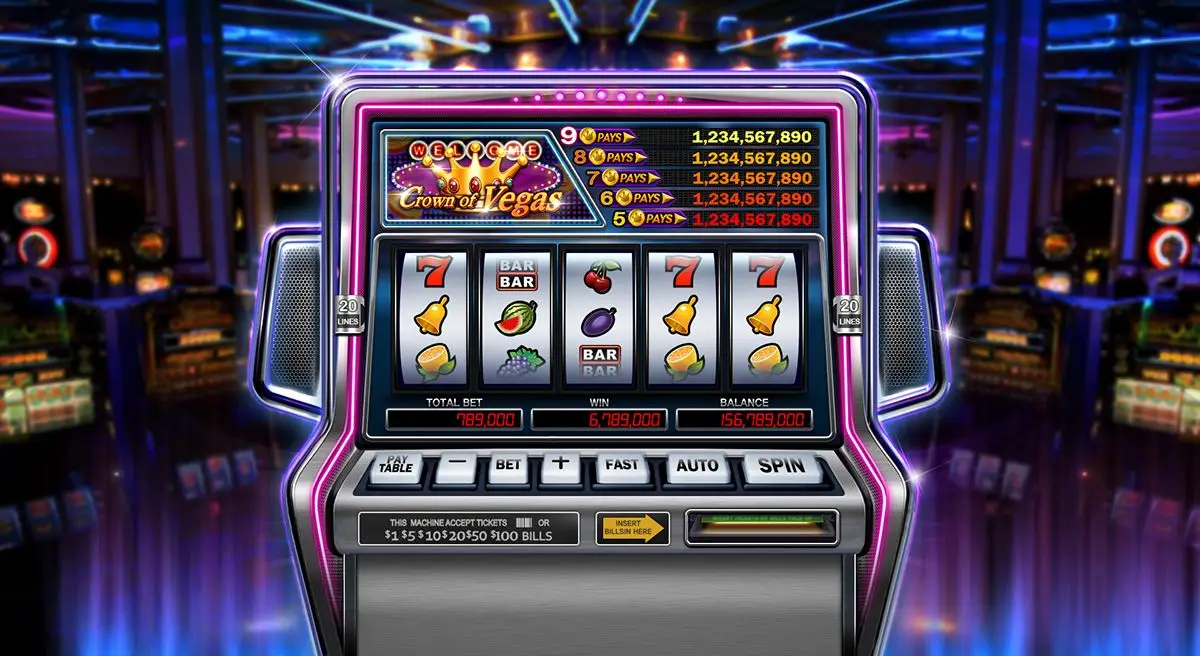The online gambling market is like a labyrinth with hundreds of doors. Some of them lead to stable payouts and fair games, while others lead to scams and blocked accounts. Only by following the proven rules for choosing an online casino can you determine where it is truly safe to play.
Basic rules for choosing an online casino
Every gambling establishment looks attractive. But only a competent approach to choosing an online casino allows you to recognize high-quality sites and avoid suspicious platforms.
License verification: the foundation of reliability
Reliability is confirmed by a license issued by a well-known regulator. Popular licenses include Curaçao eGaming, Malta Gaming Authority, and the UK Gambling Commission.
Without an up-to-date license, an online casino cannot legally provide services. The license can be verified on the regulator’s official website, where you can find the license number, expiration date, and owner’s name. If the license is expired or not listed, the website does not meet the requirements for a reliable online casino.
Reading player reviews on forums: the real picture
Reviews about online casinos on forums reveal the real work of the website. Users describe the speed of withdrawing funds, the work of the support service, and cases of fraud.

Experts advise that when choosing a casino on the Internet, it is necessary to study the latest discussions. Practice shows that even a previously reliable platform may change its conditions. It is equally important to consider both positive and negative opinions in order to form an objective view.
RNG Analysis: The Honesty of Slot Machines
An honest random number generator guarantees equal chances. How to check the RNG of slot machines? Reliable online platforms publish eCOGRA or iTech Labs certificates confirming independent RNG verification.
It is important to immediately exclude sites that do not have the necessary certification. The generator must meet the standards — for example, the eCOGRA test result allows a deviation of no more than 0.1% in the probability of winning.
Studying withdrawal limits and payment systems
Online casino withdrawal restrictions directly affect the comfort of the game. Different platforms set limits ranging from $500 per day to $50,000 per month. It is important to clearly understand the conditions regarding limits, payment systems, currency, and transaction times.
It is optimal when an online casino supports various payment systems, such as Visa, Mastercard, Skrill, Neteller, and cryptocurrencies. The account currency is an important consideration. If conversion is not possible, the player may lose a portion of their funds due to exchange rates.
Evaluation of the bonus policy: important details
Casino bonuses often lure, but hidden conditions complicate the withdrawal. It is important to study the size of the wagering requirement – the wagering ratio.
Example: with a x30 wagering requirement and a $100 bonus, you will need to place bets worth $3,000. Honest establishments set a reasonable wagering requirement – up to x40. The bonus system should be clear, with a clear expiration date and minimal deposit restrictions.
Checking the mobile app: availability and functionality
An online casino mobile app should provide stable access, full functionality, and fast loading. A low-quality app limits the gaming experience.

When choosing an online casino, it is recommended to download apps exclusively from the official website or the App Store and Google Play. The average loading speed of reliable apps is up to 3 seconds.
Verification and Support: Security Control
The verification process protects the account and funds. The virtual casino requires a passport, payment documents, and address confirmation. It is important to consider the timeframe: the standard verification process takes up to 48 hours. The support service should respond within 1-5 minutes.
The Telegram chat or online form on the website provides instant feedback. The availability of prompt communication is a mandatory requirement, and its absence violates the guidelines.
Detailed site analysis: important parameters
The website interface affects the user experience. A clear structure, detailed sections, and working links confirm the site’s credibility. Requirements include a mandatory domain verification process, ensuring a secure connection (https) and avoiding frequent domain changes. Frequent domain changes may indicate potential fraud. The software should be sourced from trusted providers such as NetEnt, Microgaming, and Play’n GO.
Rating analysis and independent certification
The rating is based on data from independent analysts and players. High positions in the Askgamblers and Casino.org ratings indicate reliability. When choosing an online casino, it is important to consider the availability of independent certification that confirms the fairness of the games and the stability of payouts.
The Role of Internet Casino Selection Rules in Protecting Against Scammers
 Recommendations for choosing an online casino serve as a reliable filtering system that prevents you from getting into fraudulent sites. Detailed verification of the license, reviews, random number generator, bonus conditions, withdrawal limits, and support quality helps to minimize risks. Identifying signs of fraud begins with the first contact with the website.
Recommendations for choosing an online casino serve as a reliable filtering system that prevents you from getting into fraudulent sites. Detailed verification of the license, reviews, random number generator, bonus conditions, withdrawal limits, and support quality helps to minimize risks. Identifying signs of fraud begins with the first contact with the website.
For example, if the domain was created less than a year ago, the support is not responding, and the license is not confirmed, the website is violating the basic rules of selection. Following these recommendations allows you to create a secure strategy.
Important Rules for Choosing an Online Casino: A Comprehensive List
The requirements for online establishments include a set of factors that form the overall image of the platform. The most significant criteria are:
- Availability of a license from a reputable regulator: UKGC, MGA, Curaçao eGaming.
- Positive reviews about online casinos on forums without systematic complaints about withdrawals.
- Certification of RNG by independent laboratories: eCOGRA, iTech Labs.
- Transparent withdrawal limits and support for popular payment systems: Visa, Skrill, and cryptocurrencies.
- Clear terms of the bonus program: adequate wagering requirements and realistic wagering periods.
- User-friendly mobile app with full functionality.
- Fast and efficient verification, prompt support.
- A secure website with a reliable domain and licensed software.
- Participation in international rankings and independent certification.
Proper evaluation of these parameters helps to avoid fraud and choose a stable and reliable online casino.
Conclusion
 The rules for choosing an online casino form the basis for a safe and profitable game. Only a comprehensive review of the license, reviews, withdrawal conditions, bonus policy, and software quality allows you to choose a stable platform. Compliance with these requirements protects against fraud and ensures a comfortable and fair gaming experience.
The rules for choosing an online casino form the basis for a safe and profitable game. Only a comprehensive review of the license, reviews, withdrawal conditions, bonus policy, and software quality allows you to choose a stable platform. Compliance with these requirements protects against fraud and ensures a comfortable and fair gaming experience.
 en
en  ru
ru  de
de  ar
ar  es
es  nl
nl  fr
fr  it
it  pt
pt  hi
hi  el
el 









